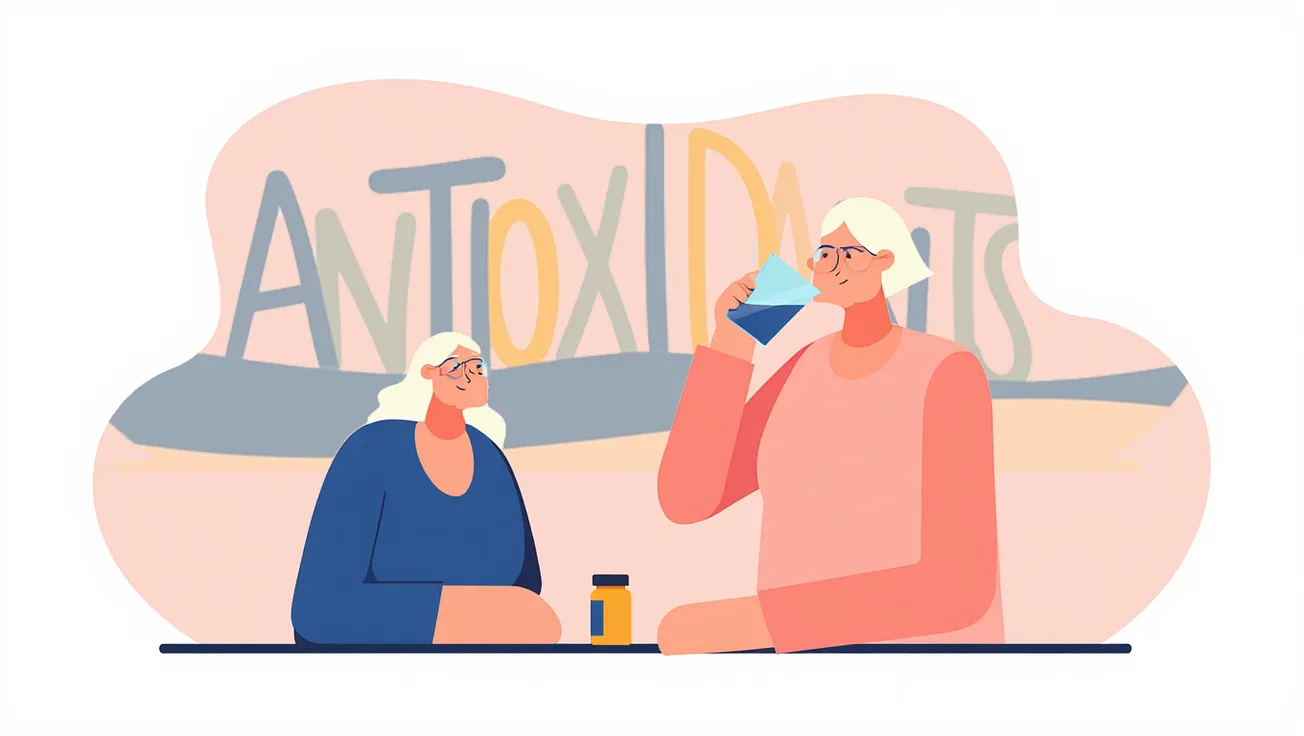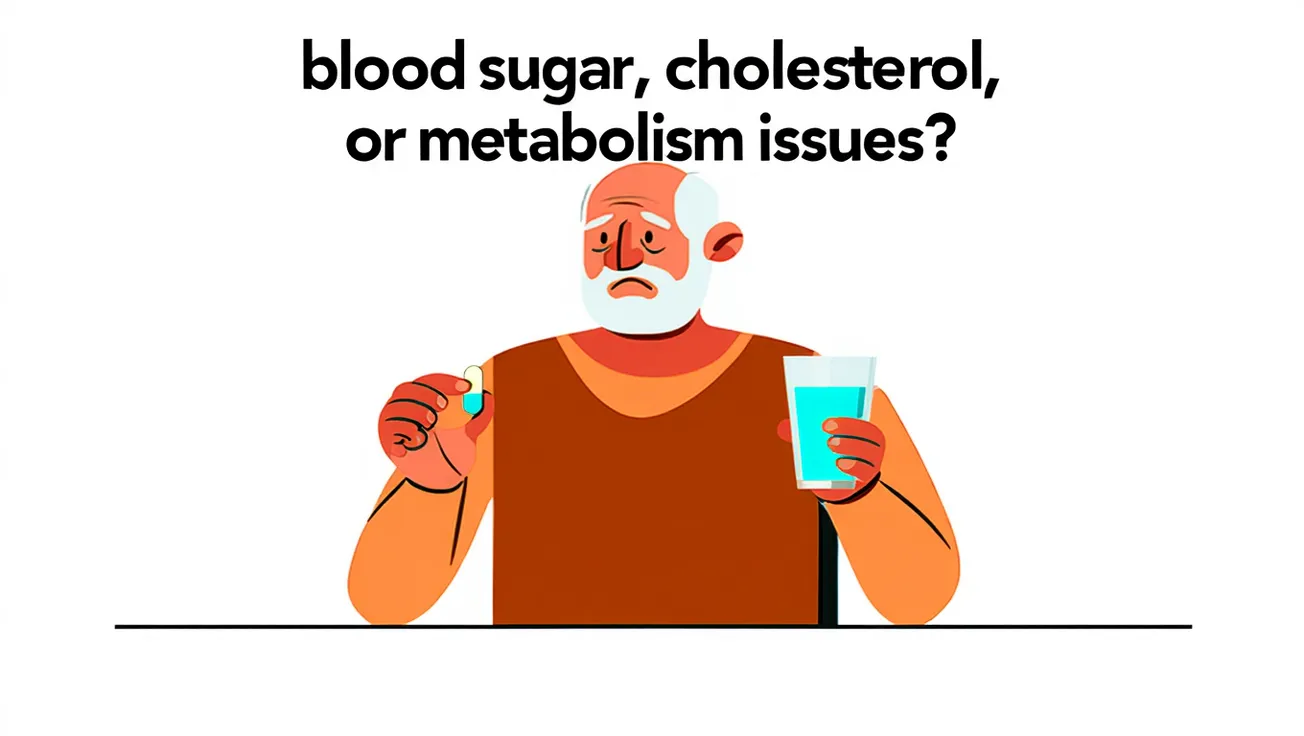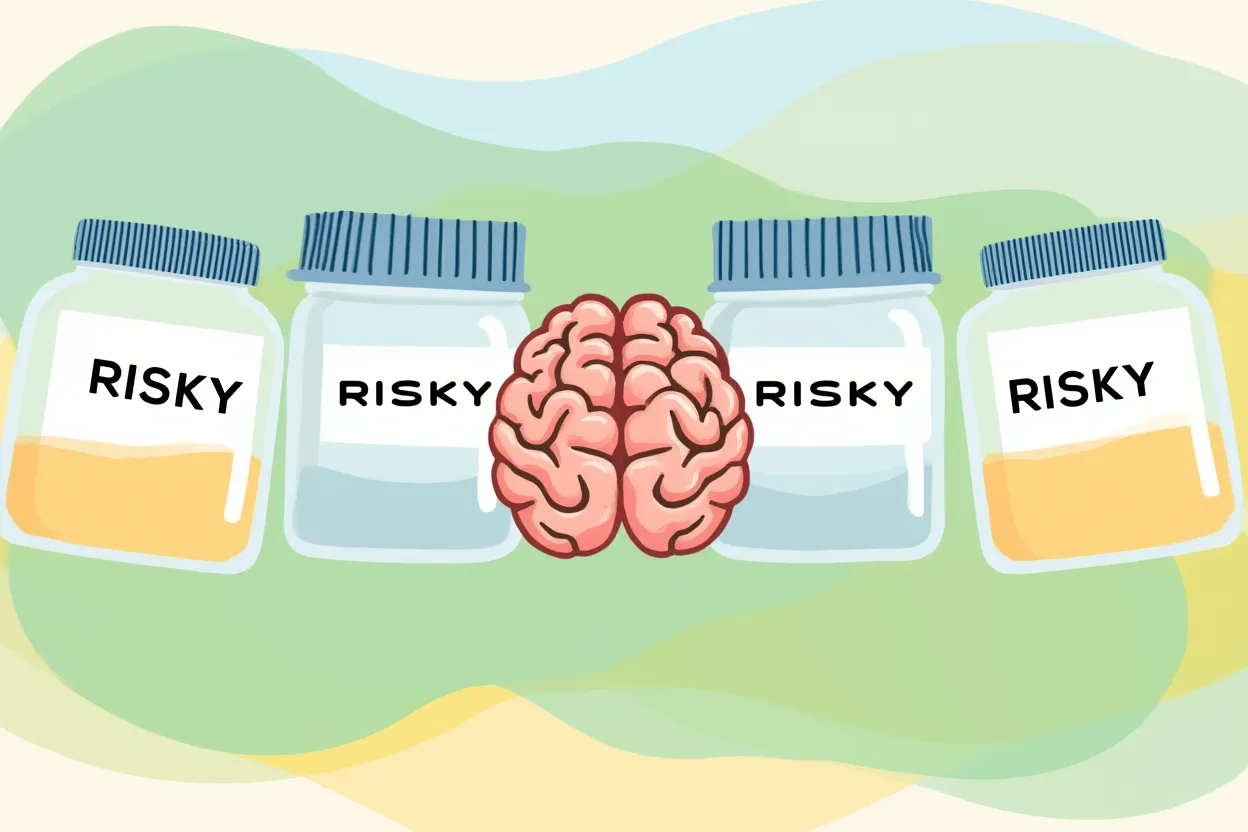#2 in our Quiet Helpers Series: Supplements that don’t make headlines, but make a difference
The Takeaway
- Astaxanthin is a red pigment found in salmon, shrimp, and algae.
- It’s a powerful antioxidant that may protect eyes, brain, skin, and joints.
- Preliminary studies suggest anti-inflammatory and anti-aging benefits.
- Often sold in softgel supplements made from microalgae oil.
Imagine if there were a natural sunscreen for your cells—something that could help your eyes, your skin, and maybe even your brain. That’s astaxanthin (pronounced a·stuh·zan·thn), a reddish pigment that gives salmon and flamingos their pinkish hue. But beyond the color, it may offer powerful protection against oxidative stress, which is a fancy way of saying 'cell damage from aging, pollution, and poor diet.'
Astaxanthin is part of the carotenoid family, the same group that gives carrots and sweet potatoes their bright color. But unlike beta-carotene or lutein, astaxanthin has a unique molecular structure that allows it to cross the blood-brain and blood-retina barriers. That means it may have a direct effect on eye and brain health.
Better than Vitamin E or CoQ10?
According to a review published in Marine Drugs, astaxanthin has demonstrated strong antioxidant capacity, potentially even stronger than vitamin E or CoQ10. Some small clinical studies suggest it may help reduce eye strain, protect skin from UV damage, and support cognitive function in older adults.
Here's what "Doctor Eye Health" has to say about astaxanthin.
It’s also been studied for reducing inflammation in joints and muscles, with some evidence that it may speed up recovery after exercise. While more research is needed, many seniors take it as part of a long-term wellness routine, particularly for eye health.
You’ll find astaxanthin in wild-caught salmon and krill, but most supplement versions are derived from a type of microalgae called Haematococcus pluvialis. Typical doses range from 4 to 12 mg per day. Because it’s fat-soluble, it’s best taken with food containing healthy fats.
Want to know more?
Here's a list of the sources we used in developing this article. Feel free to click on the links and read more about Astaxanthin.
Astaxanthin Article Sources
- Review on Astaxanthin’s Antioxidant Power
“Astaxanthin: A Review of its Chemistry and Applications” – Marine Drugs (2011) - Astaxanthin and Eye Health
“Effects of Astaxanthin on Accommodation and Ocular Health in Visual Display Terminal Workers” – Journal of Clinical Therapeutics & Medicines (2005) - Astaxanthin for Cognitive Function
“Neuroprotective Effects of Astaxanthin: Therapeutic Targets in Oxidative and Inflammatory Pathways” – Marine Drugs (2018) - Astaxanthin and Skin Health (Anti-Aging)
“Astaxanthin supplementation delays skin aging in humans” – Acta Biochimica Polonica (2012) - Source of Astaxanthin in Supplements
“Natural Astaxanthin from Haematococcus pluvialis” – Industry overview via NAXA (Natural Algae Astaxanthin Association)
Disclaimer: This article is for informational purposes only and does not constitute medical advice. Always consult your healthcare provider before starting any new supplement.










